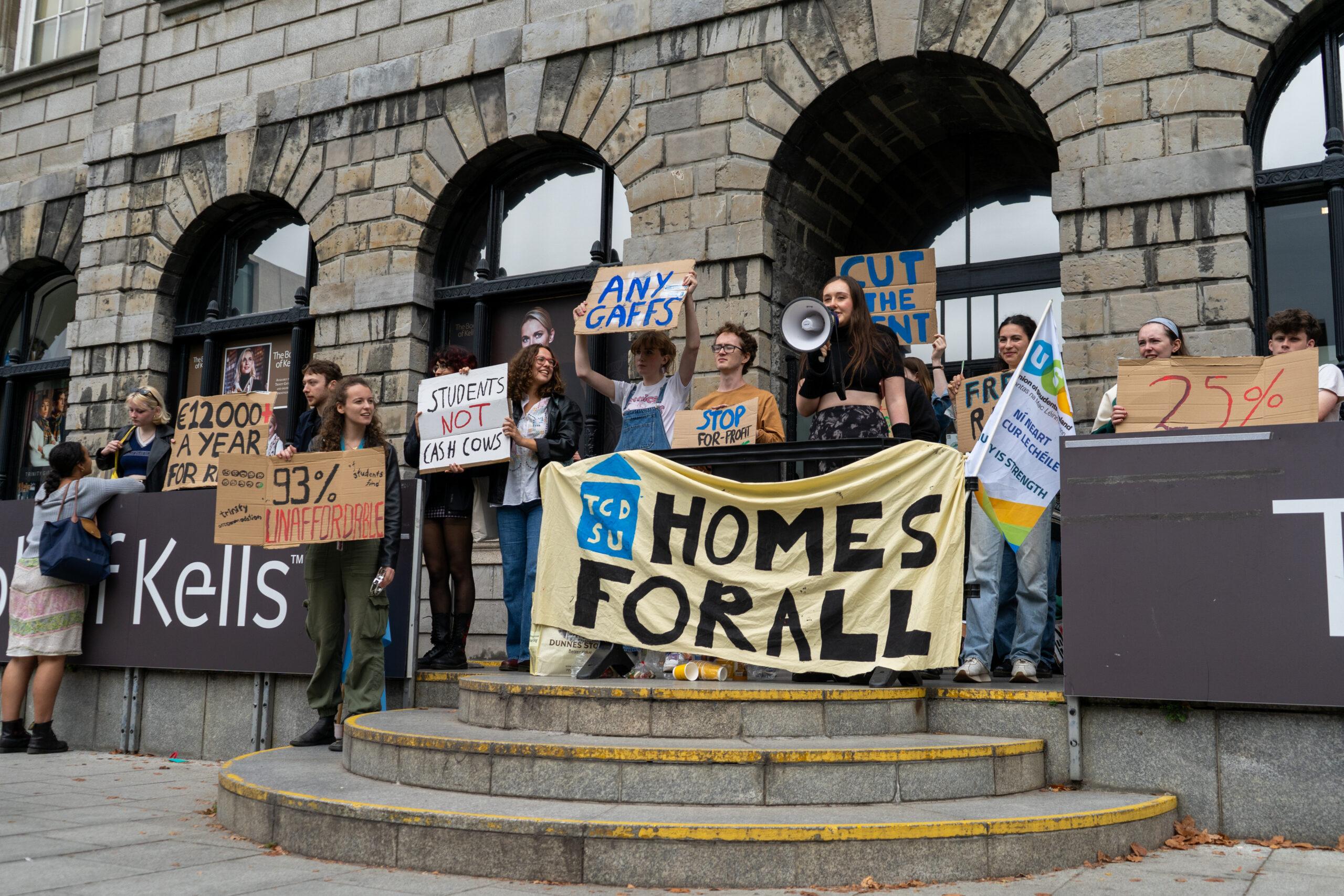“It’s a terrible time to be 21!”
These words were uttered in a United States recording studio in 1989 by none other than the son of John Lennon, Sean. It’s no surprise that Lennon expressed such dismay; he had witnessed the Beirut barracks bombing, the AIDS epidemic, and of course, the assassination of his own father, all before his 21st birthday.
Lennon found himself in this recording studio with singer-songwriter Billy Joel. Although Joel agreed with Lennon, he noted that in his youth, he had witnessed many more atrocities, including the Korean War and the Hungarian Uprising.
In order to really get his point across, Joel began to write down a list of historical events that occurred between his birth year in 1949, and that day in the recording studio. This list would eventually become the Grammy-nominated record We Didn’t Start the Fire. In this song, Joel references 118 significant events that occurred in this timeframe.
As Joel lists events such as the Watergate scandal and the Bay of Pigs invasion, he continuously reminds listeners that his generation “didn’t start the fire”. And although his generation “didn’t light it”, they most certainly “tried to fight it”.
Fast-forward to 2024, it would not surprise you to hear Sean Lennon’s sentiment echoed by a student sitting outside the Arts Block. Before we graduate, we will have witnessed events such as the invasion of Ukraine, Israel’s assault on Gaza, and the Yemeni civil war. Closer to home, it has been reported time and time again that students have become politically disillusioned, be that by the crippling housing crisis, a failing healthcare system, or the consistent barriers placed to receiving third level education.
Lennon’s words were echoed by TCDSU President László Molnárfi, in a campaign launched alongside Citizenship Officer Ella Mac Lennan in January of this year. The campaign aims to urge students to register to vote in the next general election in order to remove the current coalition. As Molnárfi listed the “undeniable harm” that the government has done to student communities, one can’t help but agree that it is a terrible time to be 21.
Like Joel, however, Molnárfi has tried to fight the fire that he believes we did not start. Posters have been placed around campus stating: “They think students are too lazy to vote. Prove them wrong. Vote them out.”
In a statement about the campaign, Molnárfi concluded that students must use their vote to “boot them out of power, remove them from their positions, every single last one of them”.
Many students may find themselves questioning, however, who are “they”?
To have a strong awareness of the ins and outs of this country’s political system is a privilege, given the lack of mandatory political education in our schools and the lack of encouragement given to young people to get involved in politics. There are structural barriers in place that hinder youth involvement with the Irish political system. This manifests as youth disillusionment with politics, or, as some may see it, laziness.
While campaigns such as the one being run by TCDSU are incredibly important in order to accelerate youth participation in Irish politics, and will no doubt be successful in their aims, simply asking students to boot “them” out does little to address the root of youth disillusionment with politics.
This is not TCDSU’s job however, nor should it be. If the root of the issue lies in a lack of political education, then clearly something must be done within this area to prevent another generation of students attempting to fight a fire that did not start.
In a comparative study of Germany and Ireland, political scientist Dr Jennifer Bruen found that as a result of a wide gap in mandatory political education in schools, Ireland falls short in its participation in voting, boycotting, petition signing and protesting. Overall, the lack of mandatory political education in Ireland has led to what Bruen observed as significantly lower political interest amongst the Irish population.
Not only can mandatory political education in Irish schools teach us who “they” are, but how exactly we can boot “them” out. The voting process for general elections in Ireland is quite different to that of other EU countries and can be confusing for those who are not aware of its mechanics. Proportional representation by single transferable vote (PR-STV), is known for its ability to increase representation of minority groups in parliament. However, if students do not know how this system works, then it is impossible for them to manipulate it in their favour and remove unfavourable politicians from their positions.
While us students have little capacity to make any significant dent in the country’s current education system, we can still attempt to bridge this divide between “us” and “them”, i.e. the students and the government. The language that we choose to use in our daily conversations, our students’ union campaigns and our student journalism is incredibly important when it comes to minimising this alienation that we have observed amongst generations of young people before us. When we use vague terminology, such as “boot them out” or “remove them from power”, we mobilise our youth to run the race, but they will struggle to reach the finish line without clearer instructions.
Joel was right: his generation didn’t start the fire. And Molnárfi is also correct: the government has created a system that works against the needs of our young people rather than for. However, the pattern of creating a world in which it is a terrible place to be 21 will only continue without meaningful steps being taken in the mobilisation process of our students. Without increased mandatory political education and efforts by students to inform as much as they mobilise, the fire, as the song goes, will still burn on, and on, and on, and on, and on, and on, and on.






